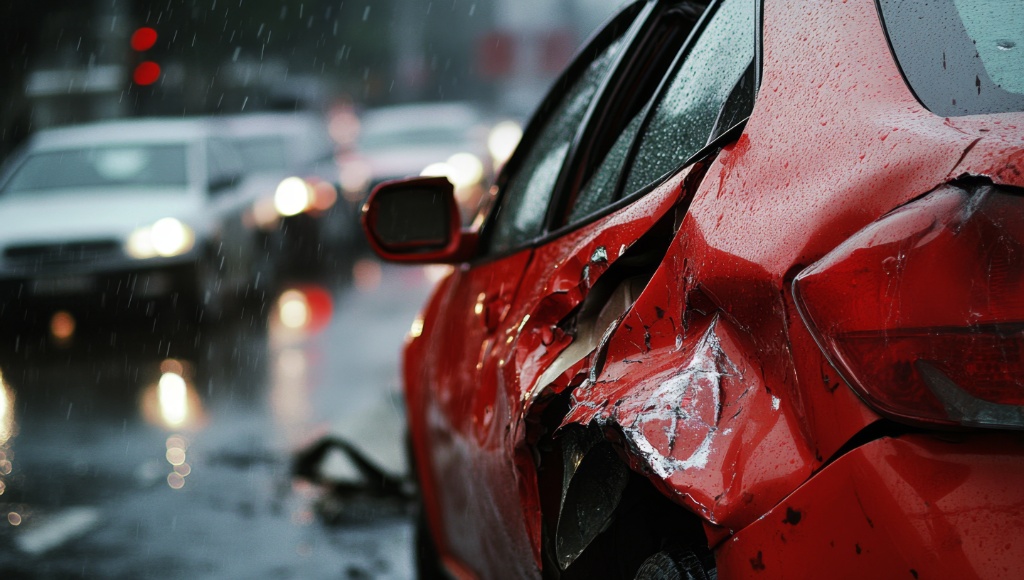Personal Injury Blog

personal injury
|
May 26, 2025
Mental Health Still Often Demands Medical Proof to Claim in British Columbia
Mental health has long been a critical issue in Canada, affecting millions of individuals across the country. Despite growing awareness, stigma and barriers to treatment…

long-term disability
|
November 17, 2023
Extracontractual Damages In a Long-Term Disability Denial
In long-term disability (“LTD”) denial claims, the goal is for the claimant to receive compensation for the benefits owed to them under their insurance policy….

car accident
|
November 7, 2023
The Implications of Autonomous Driving Vehicles on Car Accident Claims
The age of technology is here, and with it, self-driving vehicles. Technologically advanced vehicles, such as Tesla, have driver-assist features available to the driver. These…

long-term disability
|
September 22, 2023
Air Quality Concerns and Respiratory Diseases
This past summer was Canada’s worst wildfire season on record. Based solely on the total land area cleared, the fires that continue to burn have…

premises liability
|
August 21, 2023
Liability for Swimming Pool Owners
With the summer heat in full swing, taking a dip in your pool is a great way to stay cool. Without a doubt, having a…

personal injury
|
May 1, 2023
How Can Social Media Impact Your Insurance Claim?
In the digital age, social media has become a powerful tool. It is commonplace for an individual to be spread across multiple social media platforms,…

personal injury
|
March 1, 2023
Safety Tips for Winter Storms
Anyone who had been looking forward to an early Spring had their hopes dashed this past weekend, when a series of major winter storms tore…

professional negligence
|
October 25, 2022
Sports Injuries in BC
Anyone who competes in sports could be at risk of sustaining injuries. Even people who play sports that do not involve much physical contact or…
Speak With Our
Legal Team for FREE
Find Out if You Have a Case in Under 5 Minutes
Speak to a Lawyer Now!
We’re here to help.
